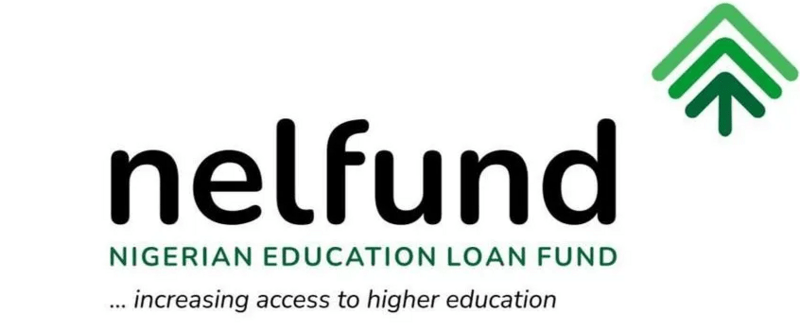The National Orientation Agency (NOA) has uncovered unethical practices in the disbursement of the Nigerian Education Loan Fund (NELFUND).
This followed an investigation conducted by the National Orientation Agency (NOA) into the administration of the loan scheme.
The report of the NOA Community Orientation and Mobilisation Officers (COMO) found some tertiary institutions colluding with banks to short change applicants.
The NOA Director-General, Lanre Issa-Onilu, made the revelation after a meeting with NELFUND Managing Director, Akintunde Sawyerr.
In a statement yesterday, the NOA said it was discovered that some universities had deliberately withheld critical financial information regarding disbursed student loans for their personal gain.
It said: “Recent findings by NELFUND has shown that some institutions have received student loan disbursements directly into their accounts yet neglect to inform the affected students or record the payments in their financial records, leading to unnecessary confusion.
“Withholding critical financial information from students is not only unethical but also a breach of the principles on which NELFUND was founded.
“We are prepared to take legal action against any institution engaged in such deceptive practices. “The NOA directed its state directorates to provide further feedback from students across the country to ensure that the Federal Government takes appropriate actions against erring schools and banks.”
Sawyerr has said NELFUND would not hesitate to take legal action against any tertiary institution found to be withholding loan disbursement information from students.
He said investigations showed that some of the institutions refused to inform applicants of loan disbursements made on their behalf.
Sawyerr said: “This act of withholding critical financial information from students is not only unethical but a direct violation of the principles upon which NELFUND was established.
“We will not hesitate to take legal action against any institution found engaging in such deceptive practices.”















